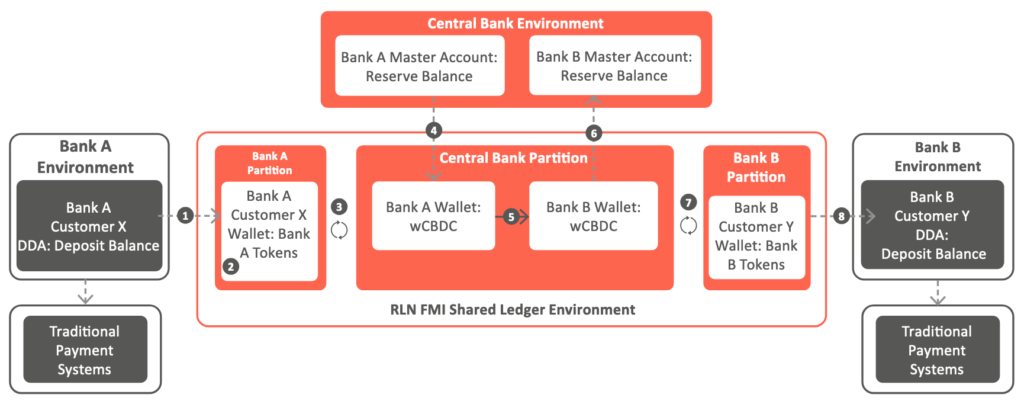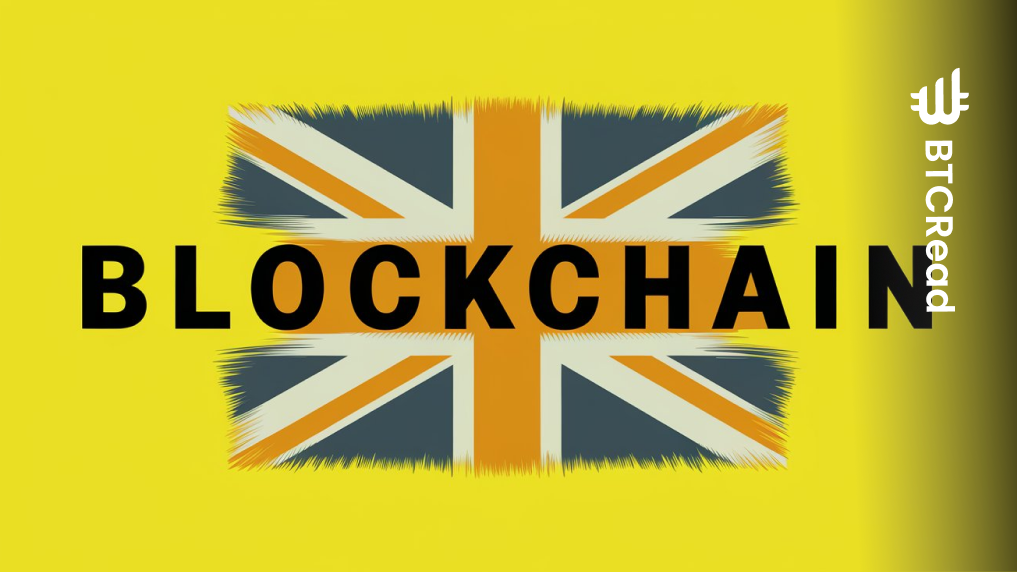According to the country’s Financial Trade Association, a blockchain-powered system for payments and settlements could significantly benefit the UK’s financial industry, which handles $14.5 trillion in transactions annually.
On Sept. 17, UK Finance shared this view following the completion of what it described as a successful trial of the Regulated Liability Network (RLN), a blockchain-based platform designed for central bank digital currencies (CBDC) and tokenized assets.
UK Finance stated that the RLN (Regulated Liability Network) could boost development and bring new features to the financial system, such as programmable payments. This came after a trial period in which 11 banks tested the network.
RLN: Lowering fraud and costs in UK banking
The trade group urged closer collaboration with regulators and public bodies to help develop the RLN, highlighting its capability to lower fraud and reduce failed payment costs. Additionally, UK Finance said that the UK’s legal and regulatory framework is flexible enough to support this “platform for innovation”. However, it emphasized the need for more action and regulatory involvement to move things forward.
The RLN uses distributed ledger technology (DLT) and is designed primarily for commercial banks. According to Mackintosh, it helps manage the £11 trillion (about $14.52 trillion) in payments processed annually in the UK. The ledger can hold different types of digital currencies, including wholesale CBDCs, commercial bank money, and e-money.

Any organization with access can use it to record, transfer, and settle transactions, as well as manage tokenized payments, automate processes, and lock or unlock funds as needed. According to UK Finance, a key takeaway from the experiments was that the RLN could provide new companies with a shared access point, allowing them to connect with established institutions and benefit from improved payment and settlement systems.
The platform stated it could support the goals outlined in a July Bank of England discussion paper for the UK payments industry. These goals include maintaining a unified form of money and fostering ongoing development. The trade group began testing the platform in April, partnering with major banks such as NatWest, Citi, Lloyds, Standard Chartered, HSBC, Barclays, Mastercard, Nationwide, Visa, Santander, and Virgin Money.
Related | BaseBros DeFi pulls rug with unverified smart contract







